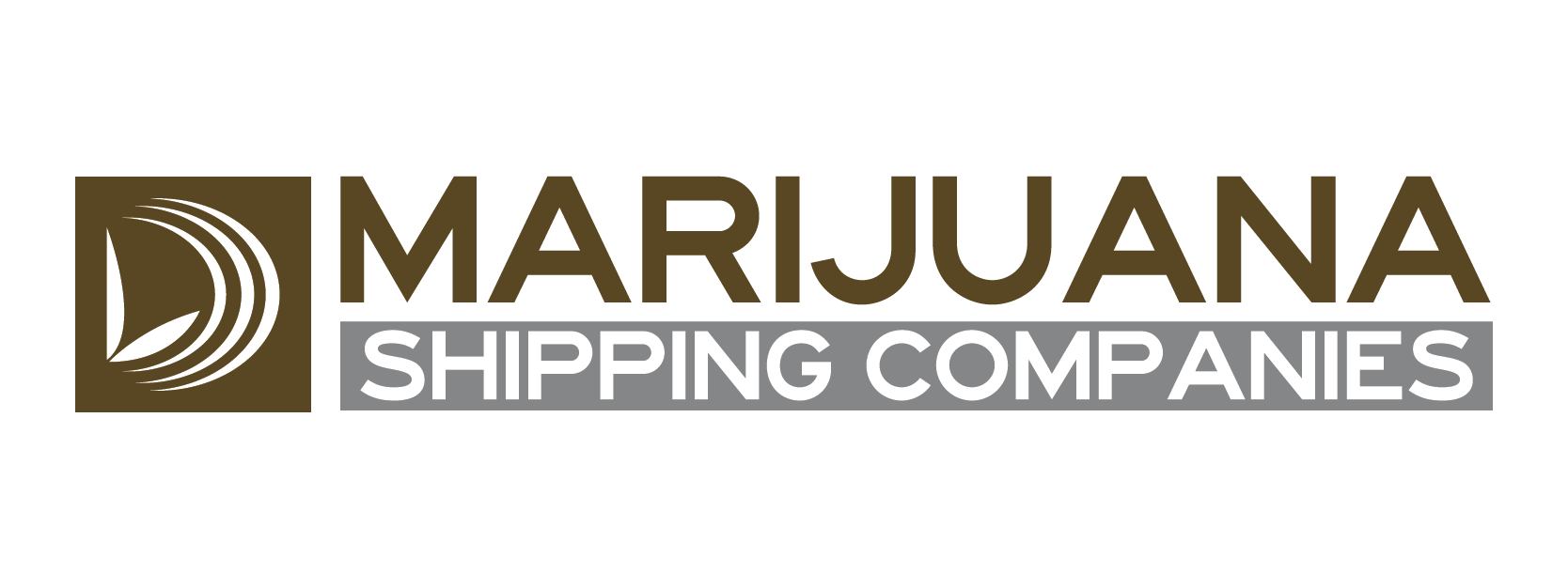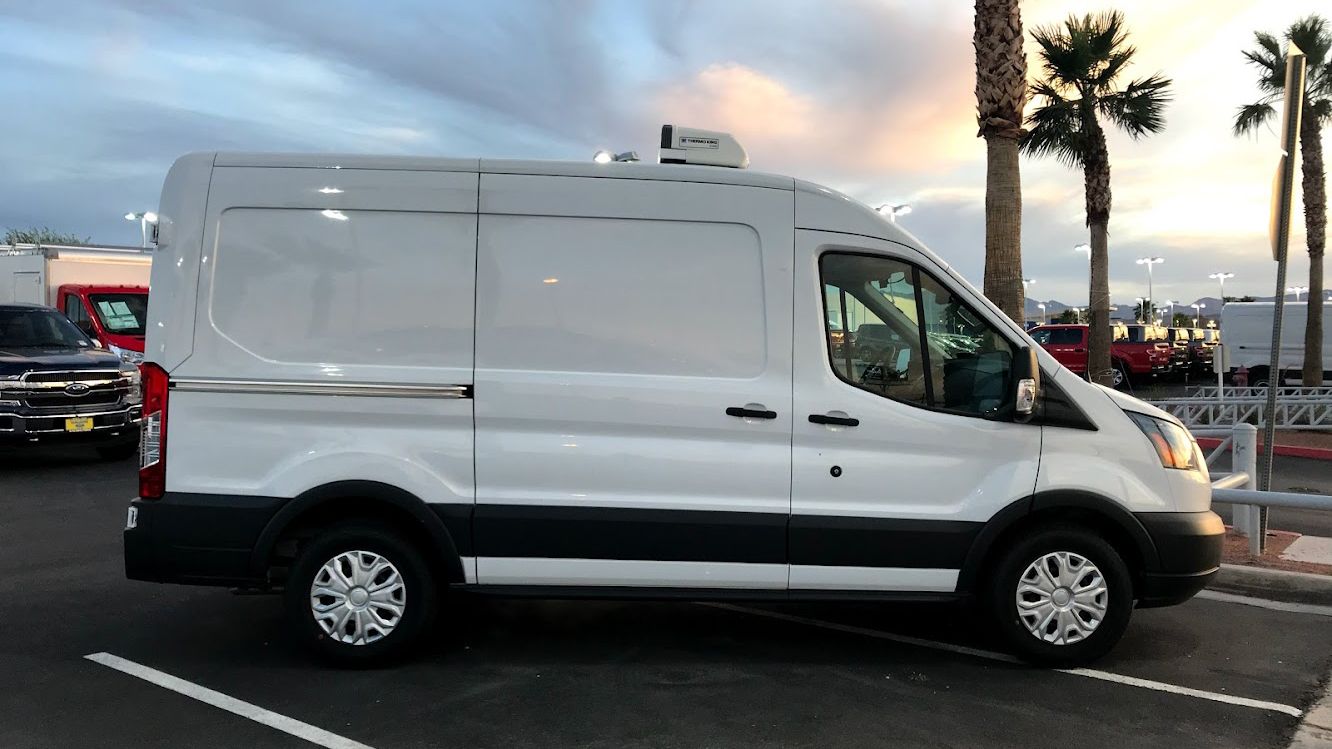The rapid expansion of the legal cannabis market has introduced a unique set of operational challenges across warehousing, fleet management, and delivery routing. Companies operating within this sector must navigate complex regulatory environments while maintaining secure, efficient, and cost-effective logistics.
Warehousing: Maintaining Compliance, Quality, and Security
Cannabis products are subject to strict state-level regulations governing storage conditions, packaging, labeling, and track‑and‑trace compliance—collectively part of the “seed-to‑sale” framework. Warehouses must remain locked, tamper‑evident, and compliant with varied temperature, humidity, and light controls tailored to different cannabis forms.
Moreover, inventory must be logged meticulously with identifiers, manifests, and digital records to meet state mandates, with non‑conformance penalties reaching up to six figures. This compliance burden necessitates integrated systems and training, stretching operational budgets and complicating scalability.
Fleet Management: Security, Regulatory Oversight & Cash Handling
Cannabis transport fleets face heightened security requirements compared to mainstream freight. Vehicles must be unmarked, locked, equipped with GPS trackers, and sometimes armored to deter theft of both product and cash. Fleet operators must also navigate a patchwork of state regulations: different licensing, manifesting systems, and software platforms unique to each jurisdiction.
Because federal banking remains largely inaccessible to plant‑touching businesses, operators often handle substantial cash, further exposing fleets to risk and increasing costs via specialized insurance and armored transport.
Additional challenges include managing fleet size and lifecycle. Operators such as Talaria Transportation are expanding their fleets but struggle with timely vehicle refresh and depreciation cycles amid uncertainty over federal policy.
Routing & Delivery: Efficiency, Traceability & Last‑Mile Constraints
Routing optimization in cannabis delivery is more than just minimizing miles—it must also incorporate compliance checkpoints, age verification, real‑time tracking, and delivery time‑stamping. Fleet management platforms from providers like Onfleet integrate these features, yet establishing reliable last‑mile delivery networks remains a logistical bottleneck.
State‑by‑state fragmentation further complicates routing. Interstate shipping of THC‑containing cannabis remains federally illegal, confining operations to intrastate networks where each state may impose distinct rules on routing, warehousing, and delivery staffing (e.g., requiring drivers to be dispensary employees).
Moreover, fleet managers must consider perishability. Although cannabis can remain viable for months, transport under suboptimal conditions may degrade quality—necessitating refrigerated or climate‑controlled vans and pre‑route staging.
Cost Pressures & Operational Scalability
Compounding these structural challenges are rising costs—fuel, insurance, compliance software, and cash‑hardware systems create thin margins. While growing consumer demand offers revenue potential, it also amplifies pressure on supply chains. Raw material shortages (e.g., steel for packaging or fleet parts) and inflation further squeeze operators.
To scale effectively, companies are turning to end‑to‑end logistics partners with specialized infrastructure and compliance expertise. Still, the absence of standardized federal regulation and banking system integration continues to fragment national efficiency.

